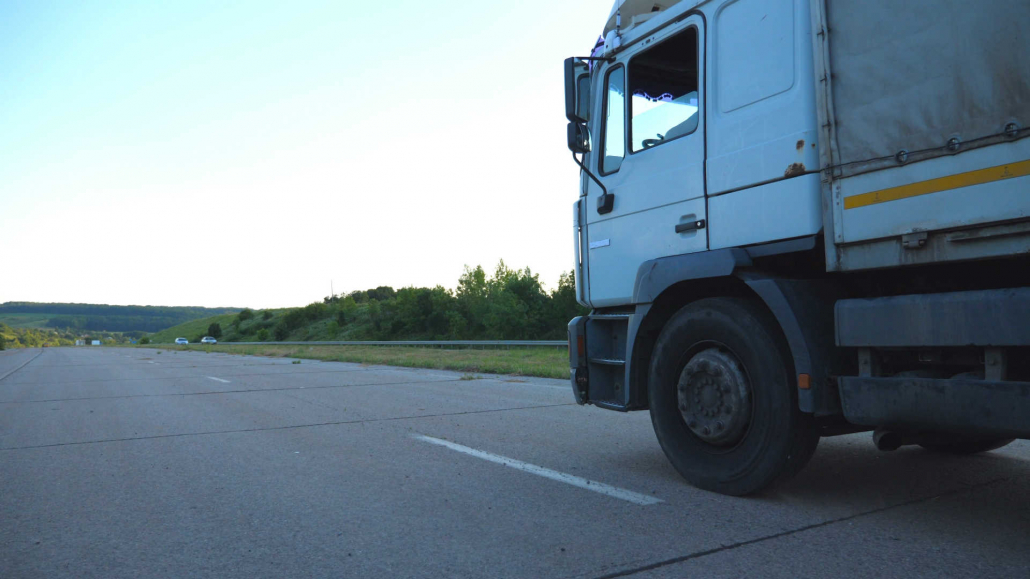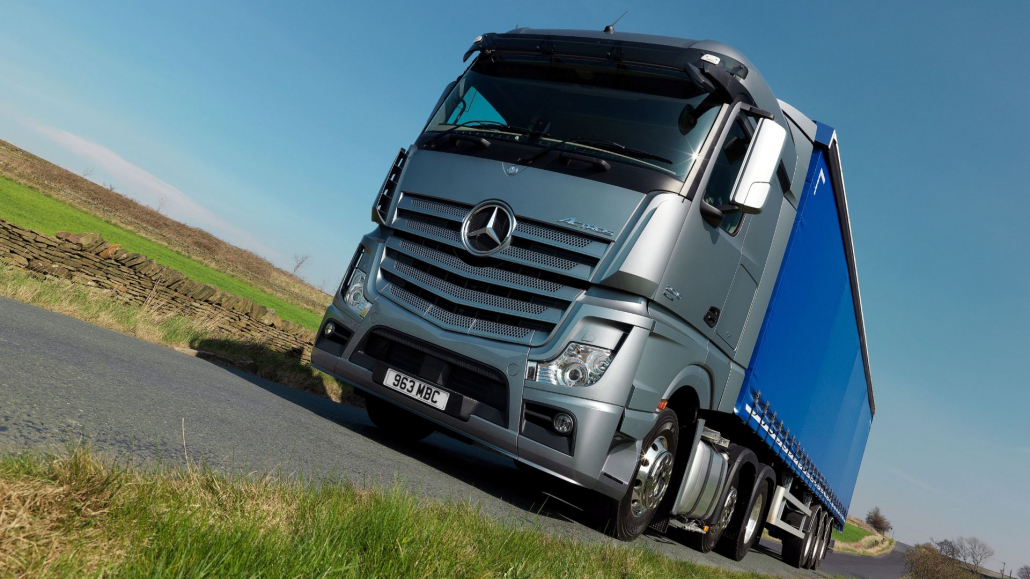
A new law banning the use of old tyres on lorries, buses, coaches and minibuses has come into force. It follows nearly a decade of campaigning by the mother of a teenage son killed in a coach crash.
In September 2012, a coach returning from a music festival crashed after a 19-year-old tyre blew out. It caused the death of three people on the coach, including Michael Molloy. His mother Frances set up the campaign group called Tyred to put pressure on the Government to change the law and to raise awareness of the dangers of old tyres.
It’s now illegal to use tyres aged over 10 years old on the front-steered axles of HGVs, buses, coaches or all single wheels fitted to a minibus (nine to 16 passenger seats). The use of such tyres will result in a ‘dangerous fail’ at an annual test and a prohibition.
If inspected at a Driver and Vehicle Standards Agency (DVSA) enforcement check, tyres aged over 10 years old will be considered dangerous and attract an ‘S’ marked immediate prohibition notice. The manufacturer’s date code must be legible on all tyres fitted to HGVs, trailers over 3.5 tonnes, buses, coaches and minibuses.
The new legislation was announced by the Department for Transport (DfT) in July 2020. Speaking at the time, roads minister Baroness Vere said: “This change is in no small way the result of years of campaigning, particularly from Frances Molloy, to whom I thank and pay tribute.”
‘Loophole’ for operators

Tyred welcomed the changes, but said it was a ‘surprise and a disappointment’ that old tyres in twin configuration on vehicles would not be included in the ban. It warned that not implementing a total ban on old tyres ‘leaves a “loophole” for operators who do not have safety as their number one priority’.
Frances Molloy tweeted: “Thank you for all of the messages of support today. Whilst I am disappointed it wasn’t a total ban, this is clearly a victory for [the] Tyred campaign. There is no doubt lives will be saved and this is due to everybody who supported the campaign. For Michael, Kerry and Colin.”
The MOT testing blog outlines the changes for test stations. It says that although the legislation applies mainly to heavy commercial vehicles, it also applies to some vehicles that fall into the MOT scheme. This includes vehicles with more than eight passenger seats that are not tested as PSVs.
This means failures for tyres over 10 years old on the front axle of any vehicle with nine or more passenger seats, and any single wheels of a minibus (nine to 16 passenger seats).
Regardless of the legislation, drivers of all vehicles should consider replacing tyres over 10 years old. While they might be functional and legal, rubber cracking or deterioration could make them unsafe for use. If in doubt, change your tyres.
For more information, visit the Tyred website.
READ MORE: